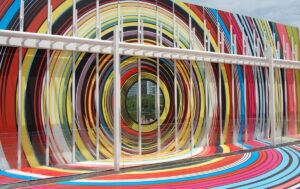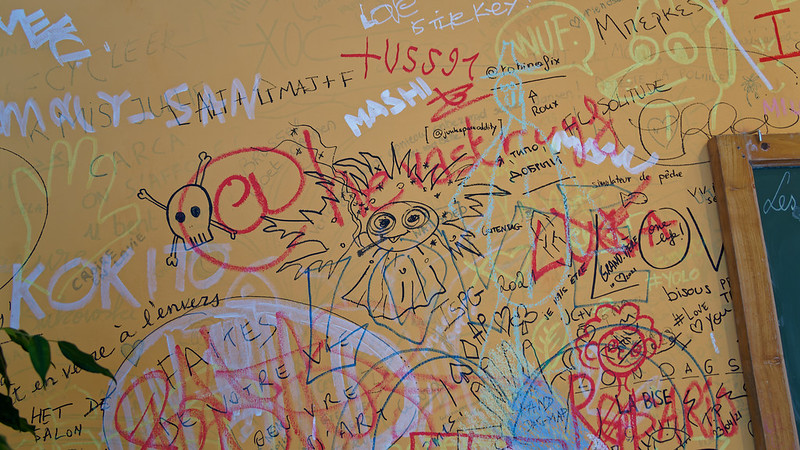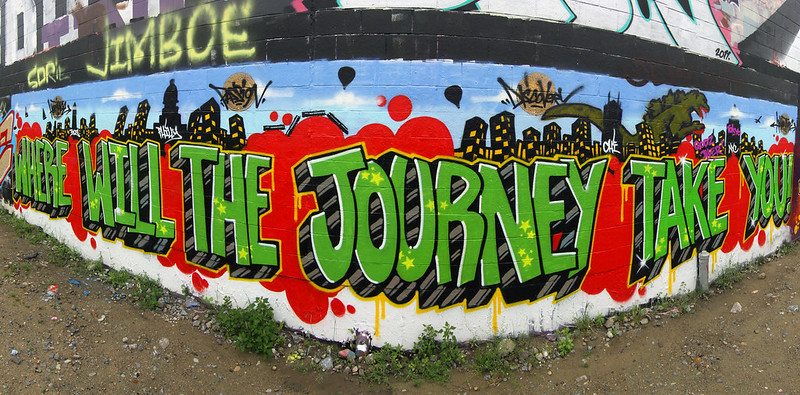Tiffani S.
My Discourse Communities
Discourse communities are crucial in shaping communication and knowledge-sharing within different fields. These communities have shared goals, specialized language, and practices that enable individuals to effectively exchange ideas and shared skills. This paper explores two distinct discourse communities: the hairstyling community and the healthcare administration field. The hairstyling community thrives on creativity, using specialized terminology and shared techniques to stay updated on trends. The healthcare administration community relies on precise communication, including medical and administrative terminology, to ensure efficient patient care and facility management. By examining the unique ways these communities communicate and share knowledge, we can better understand how language fosters collaboration and expertise across different professions.
Studying health administration has given me a deeper understanding of how the healthcare field operates as a discourse community. In my courses, I learned how healthcare compliance ensures the smooth functioning of medical facilities and promotes safe, ethical patient care. One standout aspect of this field is the emphasis on clear and precise communication using medical and administrative terminology, which helps avoid errors and maintains organizational efficiency. A defining moment in my journey within the healthcare administration discourse community occurred during a class discussion on patient confidentiality and HIPAA regulations. We were analyzing a case study where a breach of confidentiality led to serious consequences for a healthcare facility. As we debated solutions, I found myself confidently using terms like “protected health information (PHI)” and “compliance protocol” to explain my perspective. It was a turning point for me because initially, I had struggled with the dense terminology of the field. However, through my studies and engagement with peers, I developed the fluency needed to contribute meaningfully. This moment made me realize that I was not just learning about healthcare administration but becoming part of its discourse community.
As Peri Klass discusses in her essay “HERS,” learning the specialized language of medicine was a pivotal step in her development as a doctor. She describes how the medical terminology initially felt overwhelming but eventually became second nature, marking her transition into the medical discourse community. I relate to her experience, especially in my journey through healthcare administration, where at first, the terminology felt foreign but gradually became part of my everyday vocabulary. Two quotes she said that stuck out to me were, “You begin by learning the words, and then you learn to think like a doctor.” and“Medicine uses a language that is dense, almost indecipherable to the outsider, but clear and precise to those who are fluent.” The first quote reflects how language is an essential entry point into a medical or healthcare-related discourse community. In health administration, building proficiency in medical and administrative terminology is essential. While ensuring compliance with regulations and managing patient care effectively. The second quote connects to how healthcare administrators must navigate complex medical jargon and regulatory language to ensure efficiency in hospital operations and patient safety. Just as Klass describes the shift from outsider to insider in the medical field. Health administration requires fluency in specialized terminology to communicate effectively.
The hairstyling community is a dynamic and creative discourse community. It’s filled with a passion for innovation and a shared commitment to refining techniques. As someone who enjoys hairstyling, particularly braids and wig installations, I have observed firsthand how hairstylists exchange ideas and collaborate to perfect their craft. In this community, professionals communicate through social media, tutorials, and in-person interactions to stay abreast of the latest trends. One memorable experience that deepened my sense of belonging in this community occurred when my friend asked me to do a lace frontal wig install for a special event. At first, I felt nervous, knowing how much precision and technique the process required. I also did not have much faith in myself. I was not confident in the work even though it looked great. But, I wanted better. However, as I went through the steps bleaching the knots, plucking the hairline, and securing the wig with adhesive. I realized using the exact terminology and techniques that professional hairstylists would use. My friend’s satisfaction and the compliments she received reaffirmed my confidence and made me feel like a true member of the hairstyling discourse community. Effective communication was key, from discussing her preferences to explaining how she should maintain the style. This experience highlighted how mastering the language and techniques of a discourse community fosters both skill development and a sense of connection.
Similarly, Rochelle Williams’s essay “Potential” explores the feeling of imposter syndrome when navigating academic and professional spaces. She stated these two quotes and they remind me so much of what I experienced. “I constantly questioned whether I was good enough, whether I belonged in these spaces that seemed designed for people more confident, more knowledgeable than me.” and “I realized that success wasn’t about being the smartest person in the room, it was about perseverance, learning, and believing in my abilities.” The first quote connects to your initial self-doubt when installing the lace frontal wig for your friend. Despite your skills, you questioned your ability, which mirrors Williams’s struggle with imposter syndrome. However, as you completed the process and received positive feedback, your confidence grew just as Williams eventually realized her place in her field. The second quote aligns with my hairstyling journeys. Mastering any craft requires dedication, practice, and self-trust, just as Williams discovered in her academic and professional path. Your experiences show that growth comes from continuously refining techniques and embracing the learning process.
Understanding how discourse communities function deepens our appreciation for the role of language in fostering professional collaboration and expertise across industries. My experiences in hairstyling and healthcare administration have shown me that belonging to a discourse community is about more than just learning its language; it’s about using that language to connect, contribute, and grow within a field. Whether through the precise artistry of hairstyling or the structured communication of healthcare administration, these communities have shaped my identity and aspirations, reinforcing the importance of shared knowledge and collective growth.









Recent Comments